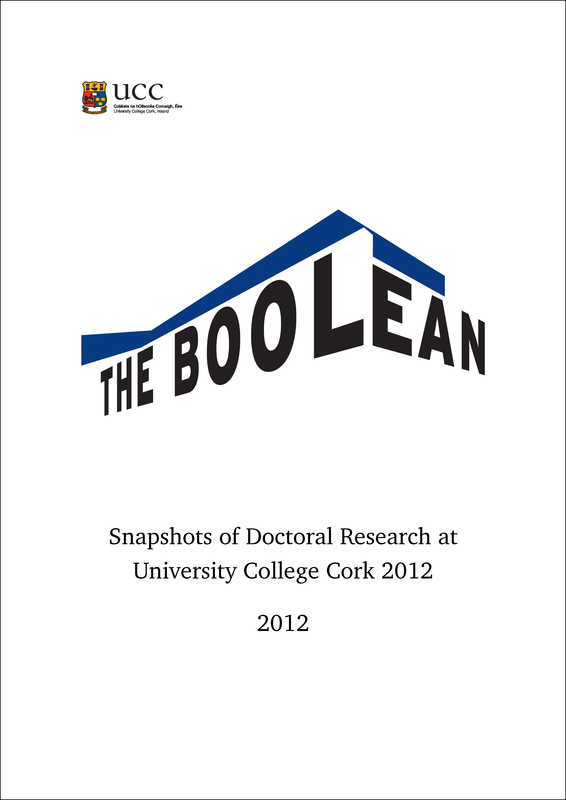The Quest for Novel Antimicrobials from Bacteria
DOI:
https://doi.org/10.33178/boolean.2012.14Abstract
Imagine a world without antibiotics. A world where diseases such as syphilis, tuberculosis, meningitis were still commonplace, where a scrape on a leg could develop into life-threatening illness and the plague was still to be feared. Such was life before 1928, the year Alexander Fleming revolutionised the field of medicine by accidentally discovering penicillin, a mould which could kill bacteria. This drug became the world’s first antibiotic and it spurred scientists to discover other classes of antimicrobial compounds, which together dramatically reduced the spread of disease. However, this golden era of medicine will not last forever. After only a few years of use, disease-causing bacteria had emerged which were resistant to antibiotics. The most common of these so-called “superbugs”, methicillin-resistant Staphylococcus aureus (MRSA), is now responsible for an increasing number of deaths, and is practically untreatable. Similarly, incidents of multi- drug-resistant tuberculosis are on the rise. Other drug-resistant bacteria are ...References
Published
2012-01-01
Issue
Section
Articles
License
Copyright (c) 2012 the author(s)

This work is licensed under a Creative Commons Attribution-NonCommercial-NoDerivatives 4.0 International License.



